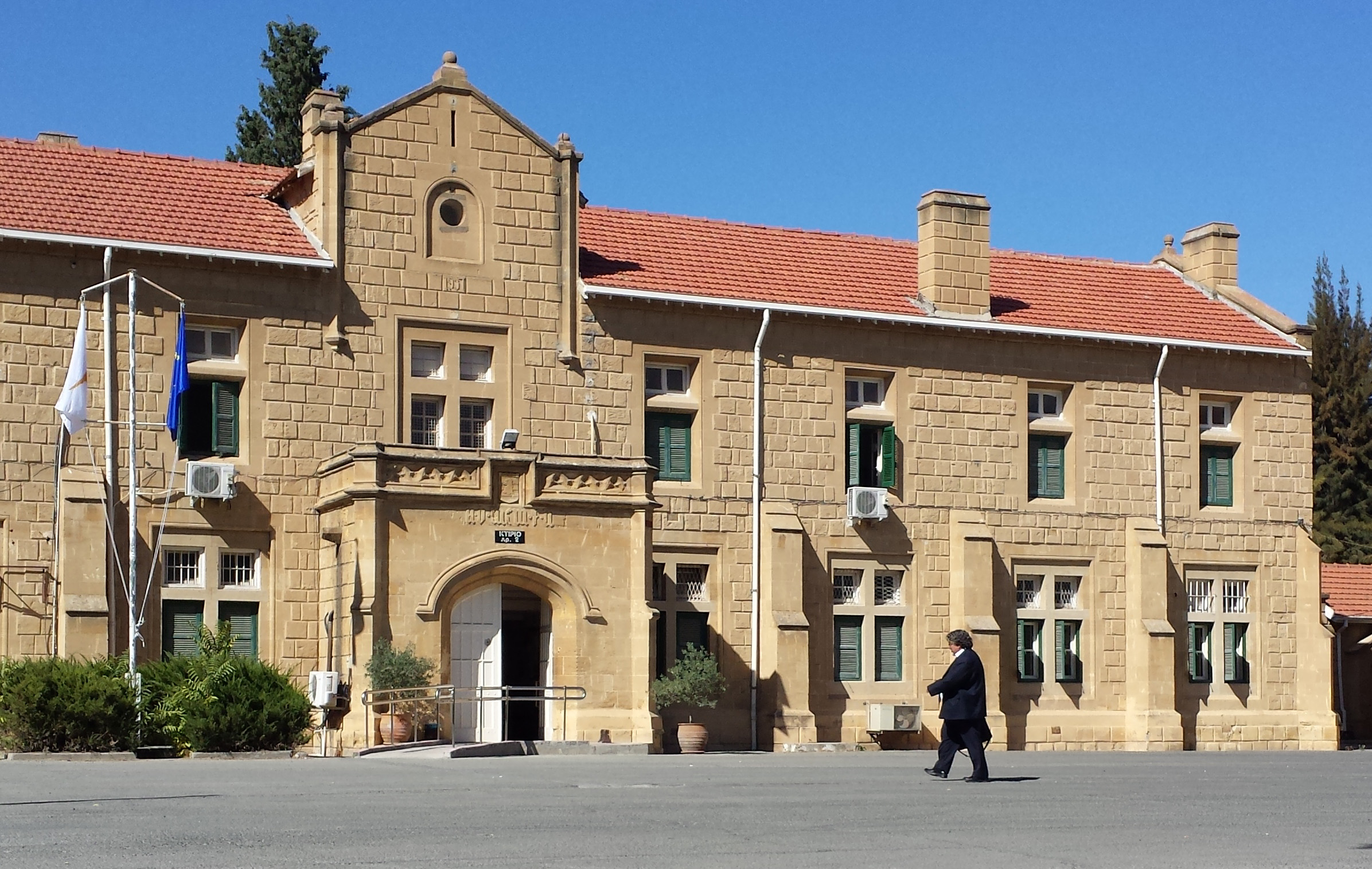A new postponement was granted by the Nicosia Criminal Court on Wednesday in the case against Israeli land developer Simon Aykout for the usurpation of Greek Cypriot owned properties in Famagusta and Kyrenia.
The court had decided that Aykut was to remain in custody until Wednesday, when his hearing was to start, but a postponement has now been granted until 9am on April 9, to allow time for both sides to study new evidence from the Land Registry department.
The defence had requested the adjournment to examine the material presented last Thursday, while the prosecution confirmed that it was important for the defence to study it, as new witnesses are expected to be called as a result.
Expert reports, maps and data are included in the evidence, according to the Cyprus News Agency (CNA) and a request to add witnesses is anticipated, as well a possible modification of the charges.
The prosecution confirmed that the newly delivered information concerned an essential aspect of the case and stated it will be in communication with the defence regarding the order of presentation of the witnesses.
The three-judge court panel, composed of presiding judge Christina Parpotta, senior district judge Christos Raspopoulos and district judge Panayotis Savvides, approved the request to postpone the hearing.
The accused is to remain in custody until then with a renewal of his detention period. The total detention time has been taken into account and the court expressed the opinion that it is not disproportionate. The defence did not raise any objection in this regard.
On Monday, the Court of Appeal rejected the defence counsel’s filing against the decision to continue his detention. The defence counsel argued that Aykut had had no access to timely and accurate diagnosis for a prostate cancer condition while in prison, and had not been provided with the necessary medical care, in violation of Article 3 of the European Convention on Human Rights (ECHR).
The appeals’ court found the conclusion reached by the first instance court to be correct, namely that no violation of articles of the ECHR had been demonstrated, nor that the appellant’s health condition was incompatible with his detention.
“The appellant’s release would not be required unless his state of health was absolutely incompatible with detention,” the court upheld.
“Even if in the present case we were to reach the opposite conclusion, namely that there had been no timely and accurate diagnosis of the appellant’s alleged illness while he was in detention, which belongs to the past, since in the meantime the requested multiparametric tomography of the prostate was performed and a biopsy will follow if necessary, this in itself would not require the appellant’s conditional release,” the appeals’ court decision stated.
Aykut was charged on February 6 with 242 charges relating to the development and sale of €43 million worth of property on Greek Cypriot land in the north. He did not admit to any of the charges.
The accused has been in custody since June 19, 2024, when the case was registered with the district court, which referred it to the criminal court.
The initial decision for his incarceration until the trial had been taken on September 11, 2024, based on the risk of Aykut absconding.






Click here to change your cookie preferences